A flexible carbon dioxide laser caused patients less pain and burning than the more traditionally used pulsed-dye laser in office-based treatment of benign diseases of the larynx, researchers have reported.
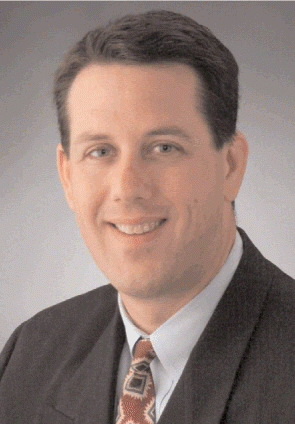

A flexible carbon dioxide laser caused patients less pain and burning than the more traditionally used pulsed-dye laser in office-based treatment of benign diseases of the larynx, researchers have reported.
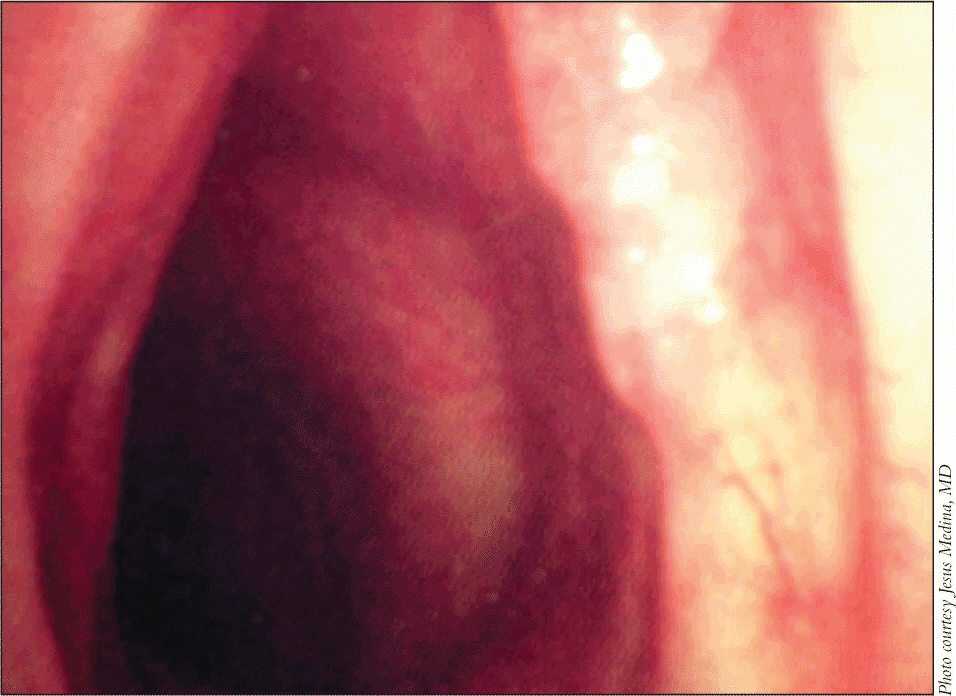

Sublingual immunotherapy (SLIT) is gaining acceptance in otolaryngology circles, but is it really any better than subcutaneous injections?
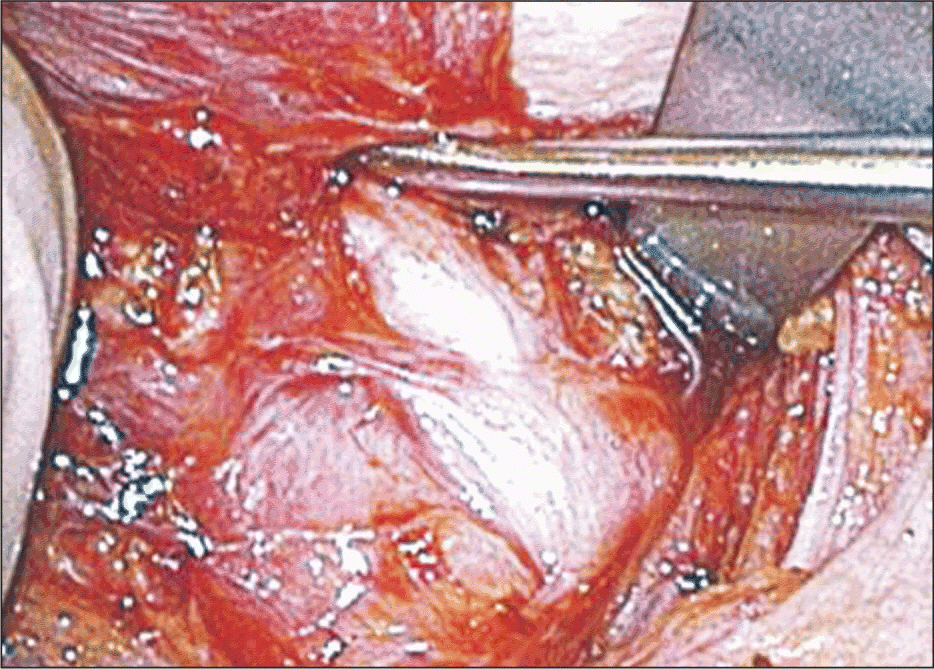
Part 3 of a series
Part 2 of a series
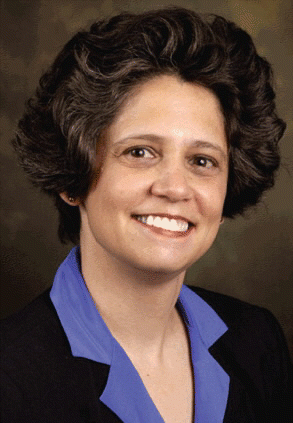
Residents appear to appreciate and value a multimodality teaching module aimed at developing and improving airway endoscopy skills, researchers reported at the 88th annual meeting of the American Broncho-Esophagological Association at the Combined Otolaryngology Spring Meeting.
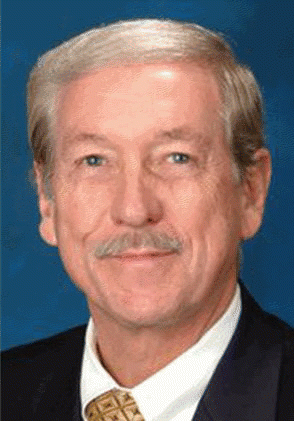
Roger L. Crumley, MD, MBA, Professor and former Chair of the Department of Otolaryngology-Head and Neck Surgery at the University of California, Irvine School of Medicine, and current President of the American Laryngological Association, has no doubts about the advantages of laryngeal reinnervation over other treatments for unilateral vocal cord paralysis.
Part 1 of a series
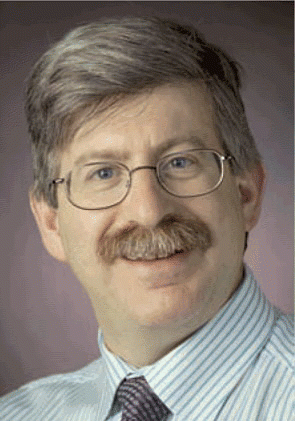
A leading endoscopic surgeon said that removing complex esthesioneuro blastomas can be achieved using accepted oncological principles, and that the early results appear comparable to outcomes achieved with conventional surgery.